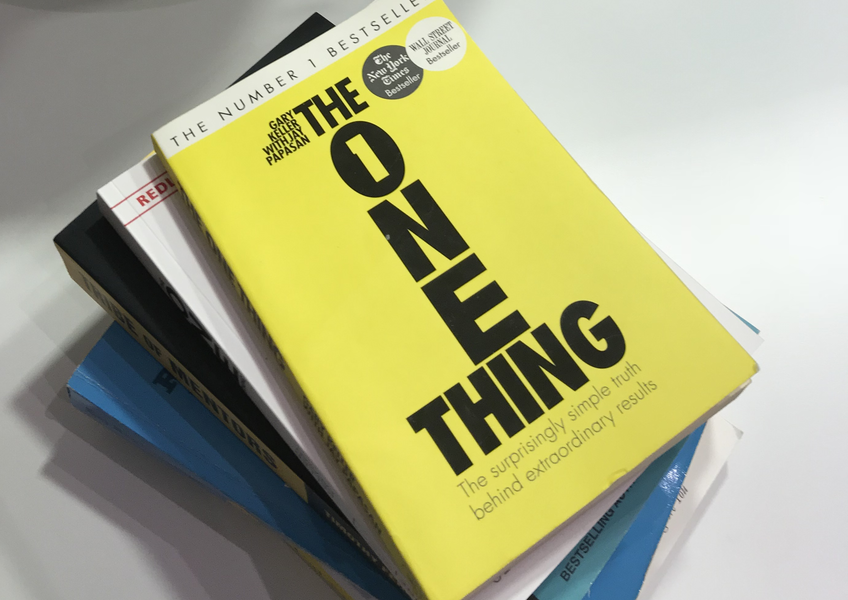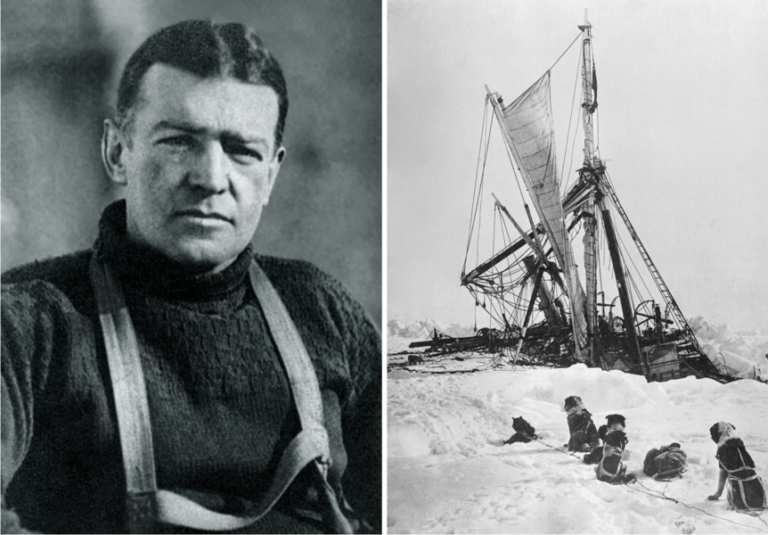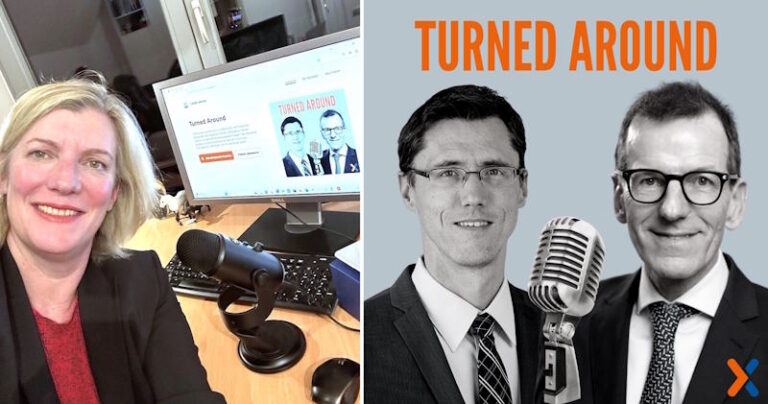
Führen in der Krise: So geht gesunder Optimismus
Krisen gehören zum Geschäft wie schweres Wetter zur See. Aber was, wenn der Sturm länger dauert? 3 Impulse für starke Führung in der Krise.

For all of us who have to handle complex projects it is crucial to prioritize tasks. There are many guidebooks related to this topic. We have an all-time favorite: “The ONE Thing”, first published in 2013, which describes a radical philosophy of prioritization. Here is what we take away from it.
In “The ONE Thing”, the authors Gary Keller and Jay Papasan pose that extraordinary success is based on a surprisingly simple fact: focus. High achievers have the ability to distinguish important and unimportant matters very clearly. They put as much effort as possible into activities that really count. Consciously or not, they stick to the so-called Pareto principle, named after the economist Vilfredo Pareto. He observed the following pattern of productivity: On average, 80 percent of the economic outcome is produced with only 20 percent of the effort invested.
Seemingly, most business activities have only little impact on success. On the other hand, there are actions that have an extremely high impact. How can this insight help us to become more successful? Keller and Papasan give a radical advice:
Find the one thing which is most relevant for your success. This is the topic on which you should spend most of your time and resources. Thus, you will be able to gain more, doing effectively less.
Putting this philosophy into practice might seem very challenging or even impossible at first sight: Some work simply has to be done, no matter how unproductive it seems to be in a particular moment – just think of administrative tasks or informational meetings. Moreover, in big projects where several players are involved, it might also be hard to agree on one single action to be prioritized. This is certainly true in many cases. Still, it is better to strive for a clear focus than to muddle through your project. We find the „one thing“ philosophy extremely helpful for our consulting practice – under the following aspects:
If you want to find out more about this great concept here is the link to the publisher’s website. We hope you enjoy this read just as much as we did.

Krisen gehören zum Geschäft wie schweres Wetter zur See. Aber was, wenn der Sturm länger dauert? 3 Impulse für starke Führung in der Krise.

Er vermittelte Zuversicht in verzweifelter Lage: Der britische Polarforscher Ernest Shackleton überstand mit seinem Team einen zweijährigen Überlebenskampf im Südpolarmeer. Was können Führungskräfte in Krisenzeiten von ihm lernen?

Silke Grosse-Hornke war zu Gast bei „Turned around“, dem Podcast für Transformation und Turnaround-Management. Thema: Dynamic Shared Ownership, kurz DSO. Wird traditionelle Führung dadurch zum Auslaufmodell?
2021 Grosse-Hornke Private Consult